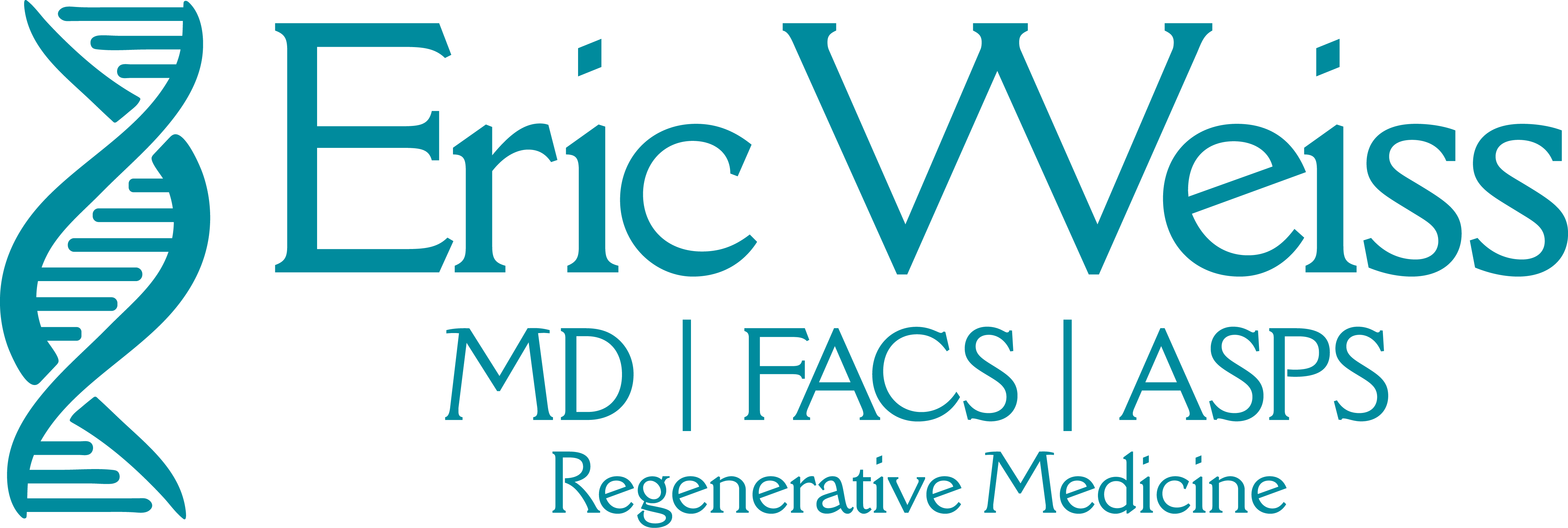Not All Stem Cells Are Created Equal: What Patients Need to Know
Umbilical cord stem cells have been used medically in the United States for over 60 years, and they are currently the primary treatment for over 80 diseases, including leukemia, lymphoma, and other blood and immune disorders. They are FDA approved for many of these.
Expanding Potential: New Uses Beyond Traditional Applications
Emerging research shows promising results using umbilical cord stem cells for a wide variety of other conditions—especially those involving inflammation, such as:
- Autoimmune diseases
- Stroke
- Neurodegenerative conditions (like Alzheimer’s, Parkinson’s, MS)
- Traumatic brain injury
- Anti-aging
- Autism spectrum disorder
- Joint disorders
- Chronic pain
While many of these newer applications are not yet FDA-approved, it’s important to understand that off-label use is legal and standard in U.S. healthcare. The FDA regulates drug manufacturers—not the practice of medicine. Physicians can legally use approved biologic products (like umbilical cord stem cells) off-label when they believe it is in the best interest of the patient.
Why Dr. Weiss Uses Minimally Manipulated Stem Cells
Dr. Weiss is committed to using umbilical cord blood and tissue-derived stem cells that are handled with the highest safety standards, following FDA guidelines for minimally manipulated tissue (MMT).
Minimally manipulated means:
- The cells are collected directly from the umbilical cord
- Processed in a sterile lab environment
- Not grown, expanded, or genetically modified
- Free of animal serum, synthetic agents, or stimulants
Why Dr. Weiss Avoids Lab-Expanded (Cultured) Stem Cells
Some companies expand stem cells in laboratory cultures to increase quantity. However, this process can compromise both safety and efficacy. Dr. Weiss does not recommend using expanded cells for the following reasons:
- Genetic Risk: Cultured stem cells are more likely to develop mutations associated with cancer.
- Contamination Risk: Expansion increases exposure to bacteria, endotoxins, and animal serum, raising the risk of infection or adverse immune reactions.
- Reduced Potency: Expanded cells are often less effective at performing their key roles—reducing inflammation, triggering healing signals, and regenerating tissue.
- FDA Non-Compliance: The FDA classifies expanded stem cells as a higher-risk product requiring strict regulation, testing, and licensing that many labs do not fulfill. Without proper oversight, these products cannot be legally marketed in the U.S. and may carry significant compliance and safety risks.
My priority is patient safety and results. That’s why I insist on using only ethically sourced, minimally manipulated umbilical cord stem cells processed in FDA-compliant labs.
Dr. Eric Weiss
THIS NOTICE MUST BE PROVIDED TO YOU UNDER FLORIDA LAW.
This health care practitioner performs one or more stem cell therapies that have not yet been approved by the United States Food and Drug Administration. You are encouraged to consult with your primary care provider before undergoing any stem cell therapy
